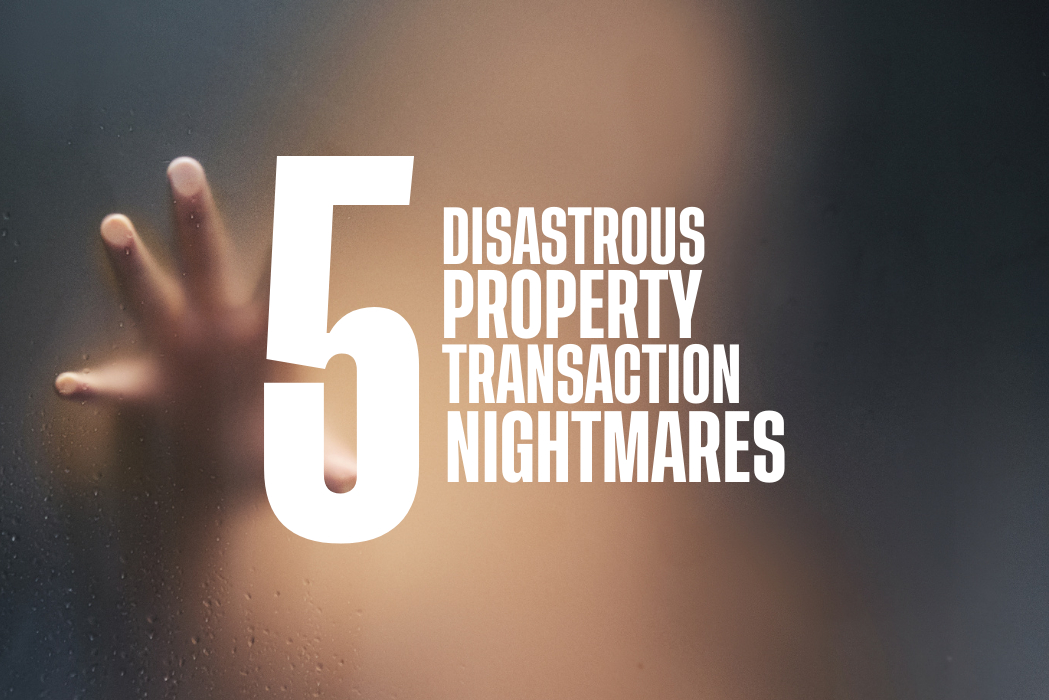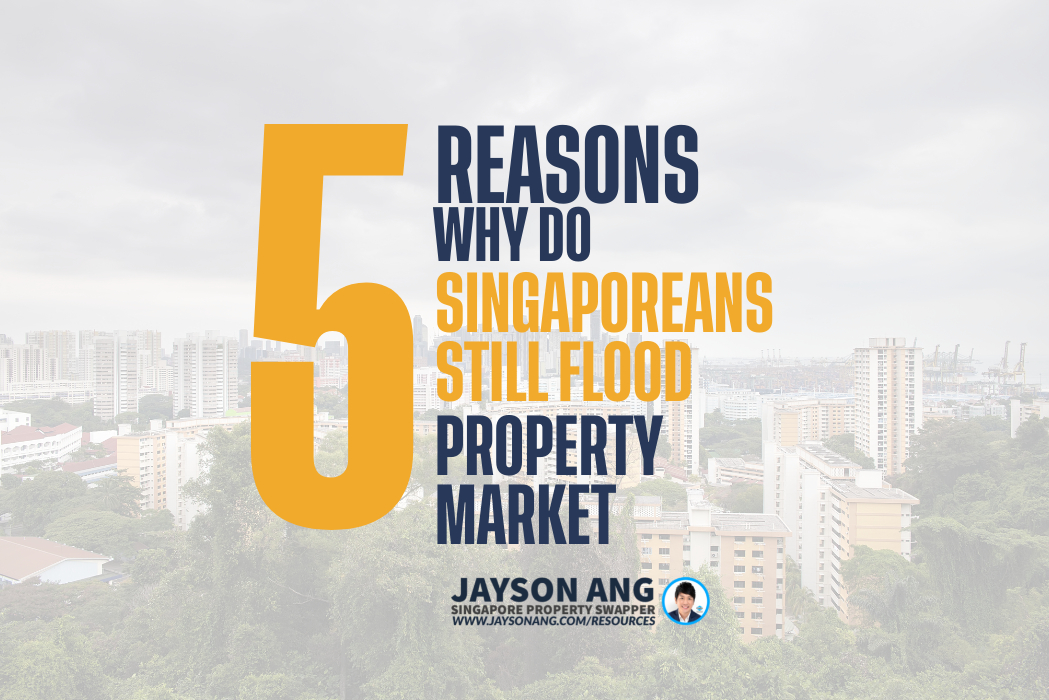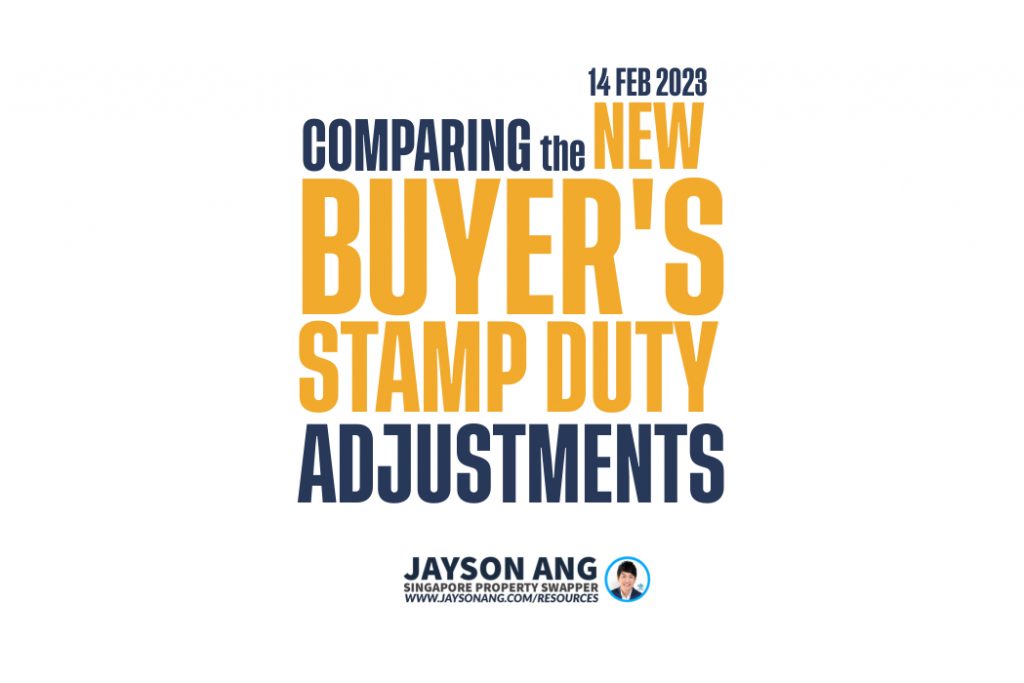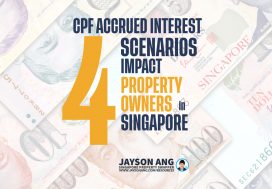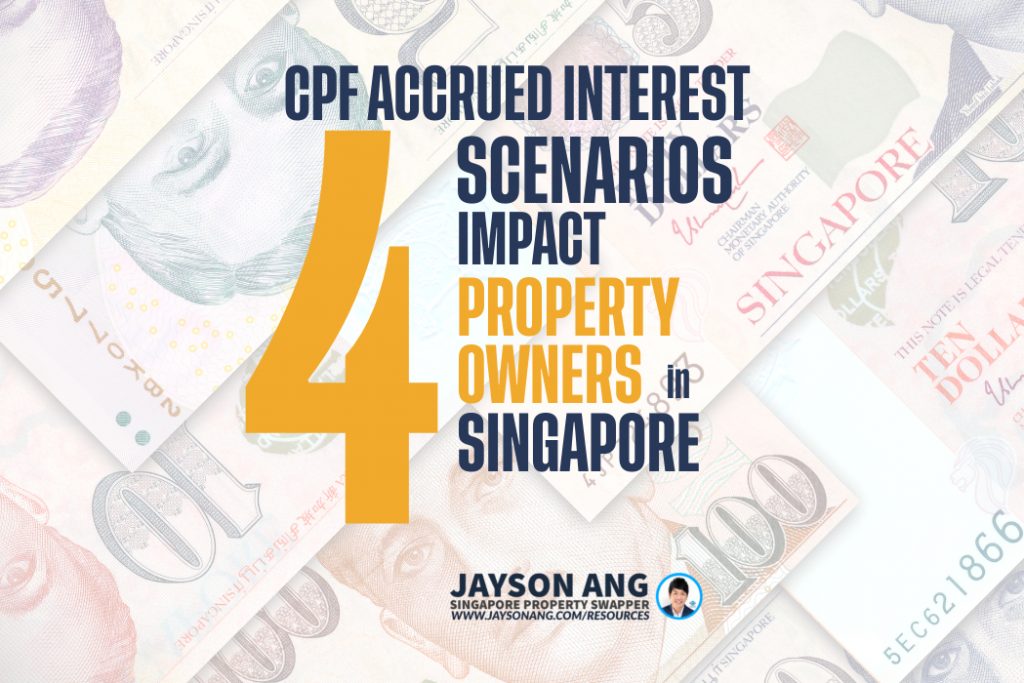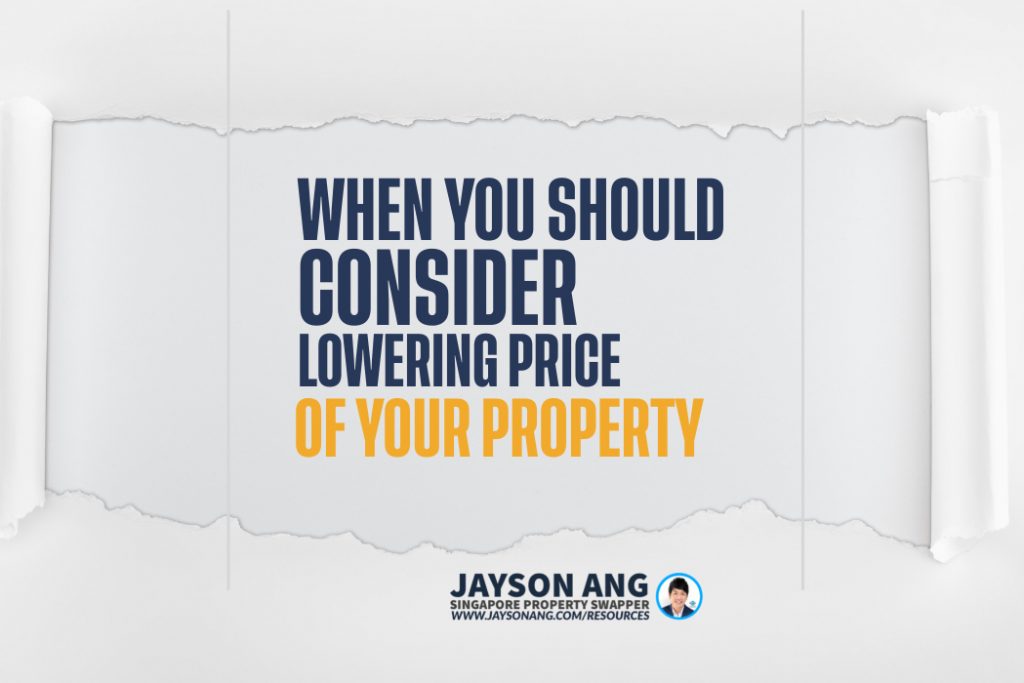TLDR
When attempting to sell your property, various worst-case scenarios can hinder the sale process significantly. These scenarios include buyers backing out due to financial issues, negative sales leading to bank intervention, depleted CPF resulting in negative cash proceeds, buyers attempting to avoid agent commissions, and unexpected property changes during the transaction. To navigate these challenges successfully, sellers should be proactive, transparent, and seek professional guidance when needed. It’s crucial to understand the potential risks and implications of each scenario to ensure a smooth and successful property sale process.
As real estate market watchers, we never cease to be amazed at the sheer number of peculiarities that can arise during a property sale. Invariably, we’ll remark “This is truly the most unfortunate/bizarre thing that can occur – it’s an absolute one in a million!”, only to witness that exact same situation crop up again a few months later.
In 2020, the Hin Leong Group founder Lim Oon Kuin attempted to sell a S$27 million Good Class Bungalow, but due to the firm’s financial difficulties, the sale failed. Consequently, the GCB was put under a court-ordered asset freeze alongside other Lim family assets, before it was ultimately sold for S$33.39 million in 2021.
If you’re looking to offload your property, then here’s a list of worst-case scenarios that can seriously hamper the sale, especially if time is of the essence.
1. A Mere Two Weeks After The OTP Is Signed, Shocking Things Can Occur
If you’re selling your house and the buyer has obtained the Option To Purchase, you have the 1% deposit, and the remainder is due in 14 days – you could be confident that nothing will go wrong in that period of time, correct?
Unfortunately, a lot can happen.
Some buyers may not take the time to get pre-approval from the bank before signing the OTP, only to discover afterwards that they don’t qualify for a loan.
Other times, their income situation may change drastically due to things like being laid off, making the OTP invalid.
In light of the failed sale of the GCB in 2020, details of the transaction remain a mystery.
Yet, given the profile of the seller, an interesting inquiry arises: Could the seller’s financial circumstances lead to the termination of the sale, even if an offer to purchase (OTP) has already been accepted?
There have been multiple cases in the past when this has occurred, for example when a seller is battling bankruptcy.
Buyers could become anxious that creditors could claim the property and be drawn into legal issues (e.g. they purchase the property, but then another party claims it belongs to them).
Though it may appear you benefit from buyers backing out, as you keep their deposit, bear in mind that it could impede your sale.
For instance, the seller may have six months to apply for the Additional Buyer’s Stamp Duty (ABSD) remission.
When buyers back out, it would limit the time for a new buyer to a few weeks, or even less!
This is a critical matter when the seller needs to quickly offload the house in order to secure the ABSD remission funds and evade bankruptcy.
My Tips for Sellers:
To kick off the buying process, some real estate agents and sellers often inquire whether the prospective buyer already has an In-Principle Approval (IPA) – some may even refuse to work with buyers who don’t.
This is to prevent the unfortunate scenario where the buyer obtains an Option-To-Purchase (OTP), only to later drop out of the purchase due to an inability to secure a loan.
If you find yourself in a situation where you need to sell your property due to litigation, liquidation, or a financial crisis, it’s important to work with your lawyer right away.
Buyers may be deterred if they discover that your property comes with existing debt, so it’s essential to be open and honest from the start so they don’t get blindsided by the details at the last minute.
If bankruptcy or other financial problems arise, an attorney’s advice to their client may be to not continue with the transaction.
If the situation is not overly critical, you may choose to give the buyer an extension of the OTP. If they only need a little more time to secure a loan, this could work; however, it is important to consult your property agent on any potential risks.
Remember, if you grant the extension and the buyers still don’t follow through, then you have essentially wasted even more time.
It’s best to avoid these buyers if they appear to be flighty, and try to find someone else to transact with instead of granting OTP concessions.
2. Your Sale Ended In Negative Sale, Prompting The Bank To Intervene In The Transaction
If your home loan is S$2 million – inclusive of fees, interest, etc. – but you sell your property for only S$1.8 million, then you’ll experience negative sales; meaning, you’ll need to come up with the extra S$200,000 to cover the difference.
If you fail to make this payment on time, the bank has the right to take possession of your home (as it serves as collateral for your loan).
This could result in an unpleasant series of occurrences, such as buyers taking legal action against you if they have already given you the option money, and you’re unable to go through with the sale.
My Tips for Sellers:
DIY property transactions can be tricky – buyers and sellers should always be wary, as property agents will typically point out potential issues that could arise.
If you’re in a position where you have to offer your property for sale at a substantially discounted rate, call your bank right away! Let them know that the sale amount won’t cover what you owe them, and that you’ll be making up the difference. They’ll let you know exactly when and how you should take care of this.
Be prepared for any demands that the buyer’s agent may make; usually, they’ll require that the buyer’s OTP deposit be paid to their lawyer instead of you, so don’t anticipate the funds until after the sale is finalized.
3. After Depleting Your CPF, You Are Left With Nothing But Negative Cash Proceeds
When it comes to selling your property, remember to refund your CPF accounts with any amount that you’ve used before, including the 2.5% interest it’s accumulated.
For the majority of Singaporeans, CPF monies are typically used for:
- The initial down payment of the flat
- Legal fees
- Monthly loan repayment
If you’ve used up around S$350,000 of your CPF money by the time you sell your flat, you’ll need to return around S$450,000 to your CPF – which includes a 2.5% interest.
So if the sale only amounts to S$430,000, you won’t receive any cash proceeds.
Thankfully, you don’t have to make up the difference – simply return the S$430,000 to your CPF account. You can use the refunded money to finance your next property purchase!
If you’re in the middle of, say, upgrading to a condo, a lack of cash proceeds can be a huge roadblock.
Without enough money for the down payment, you may end up being unable to achieve your goal of selling in the first place.
Be mindful of the amount you withdraw from your CPF, or else you be left with inadequate funds when it comes time to sell.
My Tips for Sellers:
Keep tabs on your CPF usage so you don’t run out of funds. Some purchasers prefer to cover the mortgage payments in cash instead of CPF, in order to stay on top of their money.
If you’re relying on the proceeds from the sale of your current flat to purchase your next home, remember to factor in how much CPF you owe before making a move!
Additionally, familiarize yourself with how CPF accrued interest can affect the amount of money you receive from the sale of your property.
4. The Buyer Pretends To “Back Out” To Sidestep The Real Estate Agents
Some buyers will go to great lengths to save a buck, even going as far as suggesting a private agreement with you to avoid agent commissions.
For example, they will drop their own agent if you drop yours, and the two of you can make a deal without paying any third-party costs – allowing them to pay less, and you to keep your agent commission (normally 2% of the sale amount).
If you have entered into an exclusive agreement with a real estate agent, but you have not completed the transaction with them, you will still owe them a commission.
If you refuse to comply due to your upstanding upbringing, they may threaten to back out, which can result in a tremendous amount of wasted time for you – particularly if you spent energy negotiating with them and excluding other buyers from entering into the process.
My Tips for Sellers:
Given the legal and personal risks involved, it is probably wiser to just let the deal go and not accept it.
After all, who knows what shady intentions buyers may have, so why not ensure your own protection by seeking the help of a professional agent?
Moreover, you have already experienced firsthand how tempting it can be to ignore the warning signs and chase after the potential savings; yet, doing so could prove to be disastrous in the end.
In this situation, it is best to listen to the red flags and not take any unnecessary chances.
5. A Remarkable Change To The Property Has Been Observed During The Transaction
A common situation that occurs with tenanted properties is when a tenant breaks the lease at the same time as the property is being sold.
This constitutes a significant change that buyers must consider, particularly if they planned on receiving rental income right after the purchase.
What if disaster strikes while a transaction is being carried out?
For instance, the kitchen may catch fire just as the buyer is getting ready to take possession of the property. Not only would this cause the buyer to reconsider the deal, they may even demand a return of the deposit, since the kitchen wasn’t reduced to ashes when they signed the contract.
Even if the property is insured, it is likely that the buyers will insist that everything is restored to its former condition before they proceed.
My Tips for Sellers:
Given the extraordinary circumstances, you should enlist the aid of your conveyancing lawyer to negotiate the sale.
While it is not common practice, the seller may be amenable to lowering the cost to a figure agreeable to the buyer; this is especially true if they will be receiving a home insurance payout to make up for the reduced selling price.
Additionally, a new valuation of the property will have to be conducted, which may affect the financing that your buyer can obtain. Ultimately, the best you can do is to continue negotiating until a suitable agreement is reached.
To ensure a smooth and stress-free home-selling journey, why not consider enlisting the expertise of a property agent?
For more ideas on how to make it a successful experience, take a look at my guides on How to sell a flat with a perceived disadvantage, such as West-facing sun or near a rubbish chute, as well as Here’s how to make your home-selling journey smoother.
Should You Buy, Sell or Wait?
If you’re reading this, you must be trying to figure out the best course of action right now: is it the right time to buy or sell?
It’s difficult to give an exact answer since everyone’s situation is unique and what works for one person may not necessarily work for you.
I can bring you a wealth of on-the-ground experience and a data-driven approach to provide clarity and direction. From beginners to experienced investors, our top-down, objective approach will help you on your real estate journey.
I can help you by:
- Offering Strategic Real Estate Advice – I can help create a comprehensive plan to guide you through your property journey.
- Connecting Your Home with the Perfect Buyers – Through stunning visuals, an effective communication strategy, and an in-depth knowledge of the market, we’ll ensure your home is presented in the best possible way to fulfill your goals.
You May Also Like …

